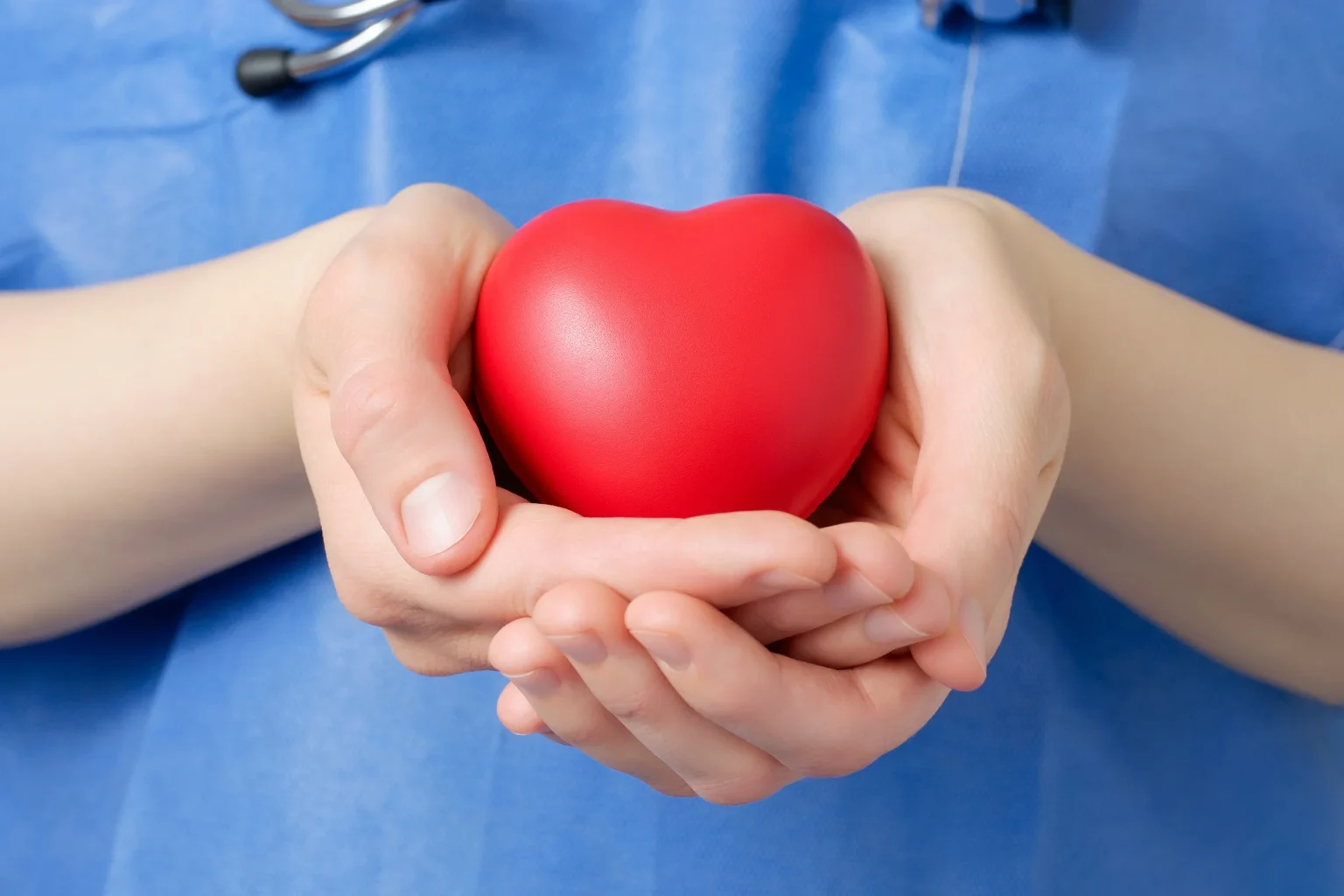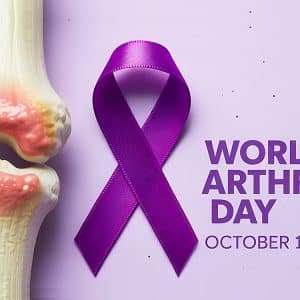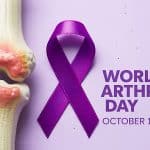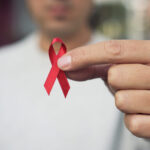Palpitations are a sudden feeling of accelerated heartbeats. Palpations can occur at any time and is not necessarily associated with an abnormal condition or a heart problem. In most cases, it does not pose a significant risk and does not require evaluation and treatment.
However, you should consult a doctor if you have a history of heart disease and experienced frequent palpitations accompanied by the following symptoms: Pain in the chest area, fainting, severe shortness of breath , and severe dizziness.
● Causes: The cause of heart palpitations is often difficult to determine. Common causes include:
– Strong emotional responses (stress, anxiety, depression, and fear)
– Intense physical exercise and fatigue
– Stimulants, such as caffeine, nicotine, cocaine, amphetamines, and decongestant cold and cough medicines containing pseudoephedrine
– Fever and anemia
– Hormonal changes associated with menstruation, pregnancy, or menopause
– Thyroid disorders and certain vitamins
• Sometimes, heart palpitations may be an indicator of a serious problem, such as an abnormal heart rhythm.
● Complications: In the case of palpitations resulting from heart disease, complications may include the following
– Fainting: Resulting from a drop in blood pressure.
– Cardiac arrest: In rare cases, It can occur due to weakness of the heart muscle or a disturbance in the heart’s electrical activity.
– Stroke: In some cases of palpitations result from atrial fibrillation and in others.
– Heart failure: Some cases are due to untreated chronic electrical disturbances.
● Treatment: The choice of the most appropriate treatment method depends on the causes of the heart palpitations. The patient may require medication, and in some cases, the doctor may resort to electrical cardioversion (in specific situations) as a treatment. And in other cases, the patient may not require any treatment, such as physiological acceleration associated with fear, anxiety, and tension. The use of certain treatments may not be necessary.
● Preventive Measures: Patients can protect themselves from heart palpitations by considering the following steps:
• Reducing nervous stress, anxiety, and tension can help alleviate heart palpitations
• – Avoid consuming alcoholic beverages and limit intake of caffeinated drinks.
• – Refrain from smoking or using tobacco products.
• – Engage in regular physical exercises.
• – Avoid certain medications and supplements that may act as stimulants.
• – Monitor and regulate blood pressure and cholesterol levels.
Dr. Hussein Al-Kurdi










